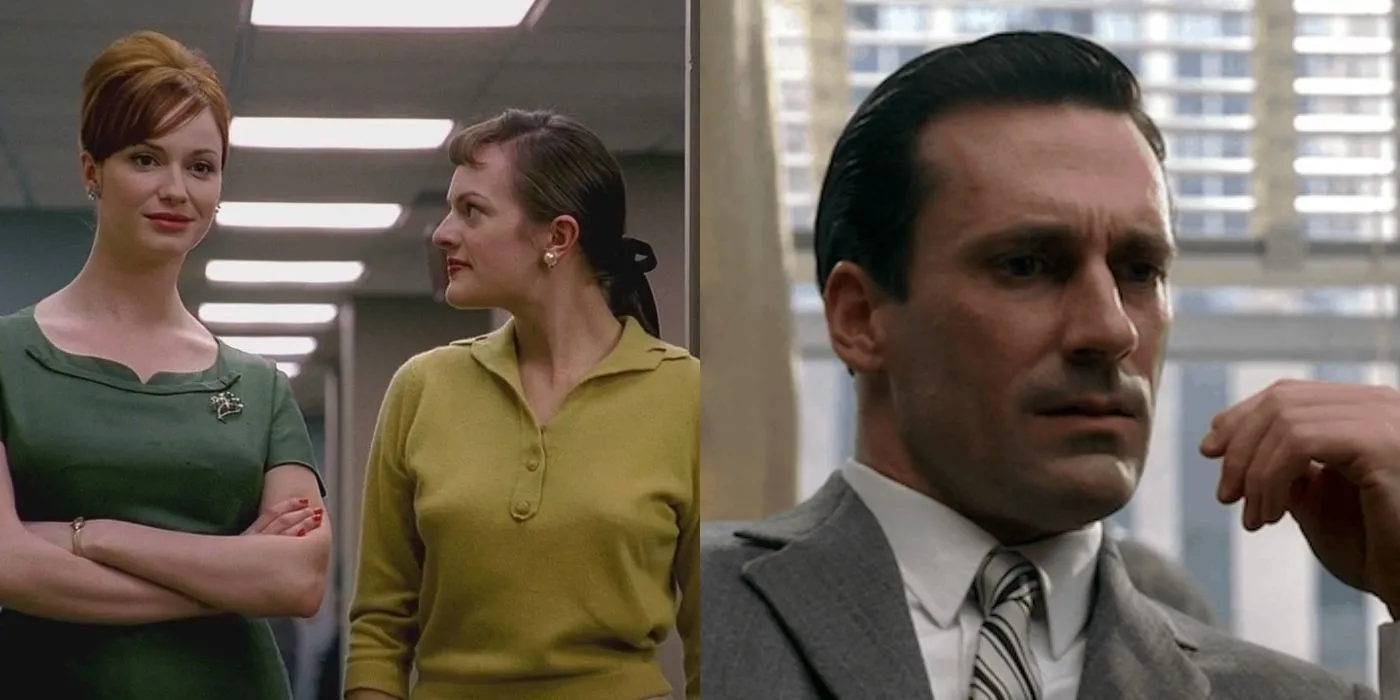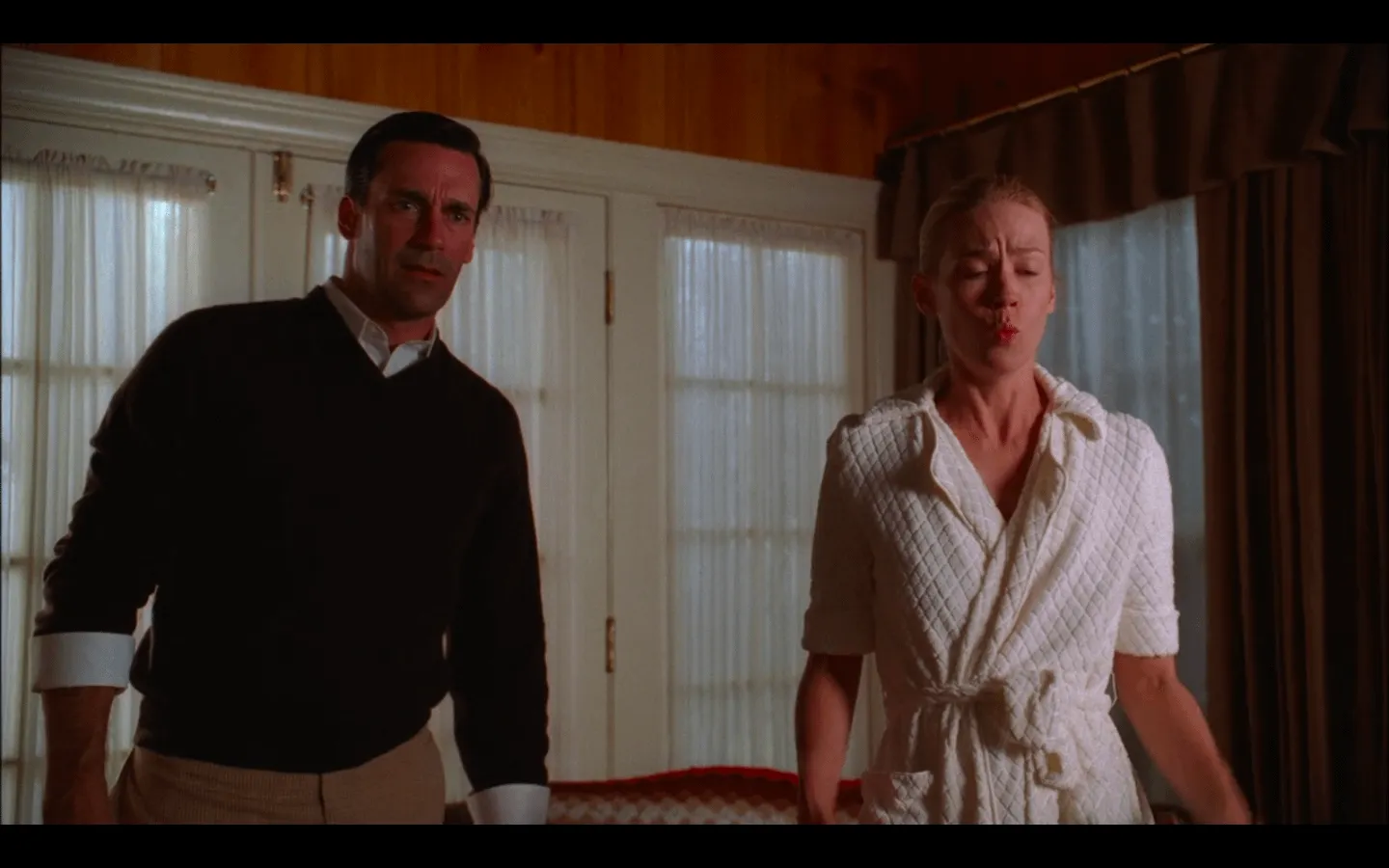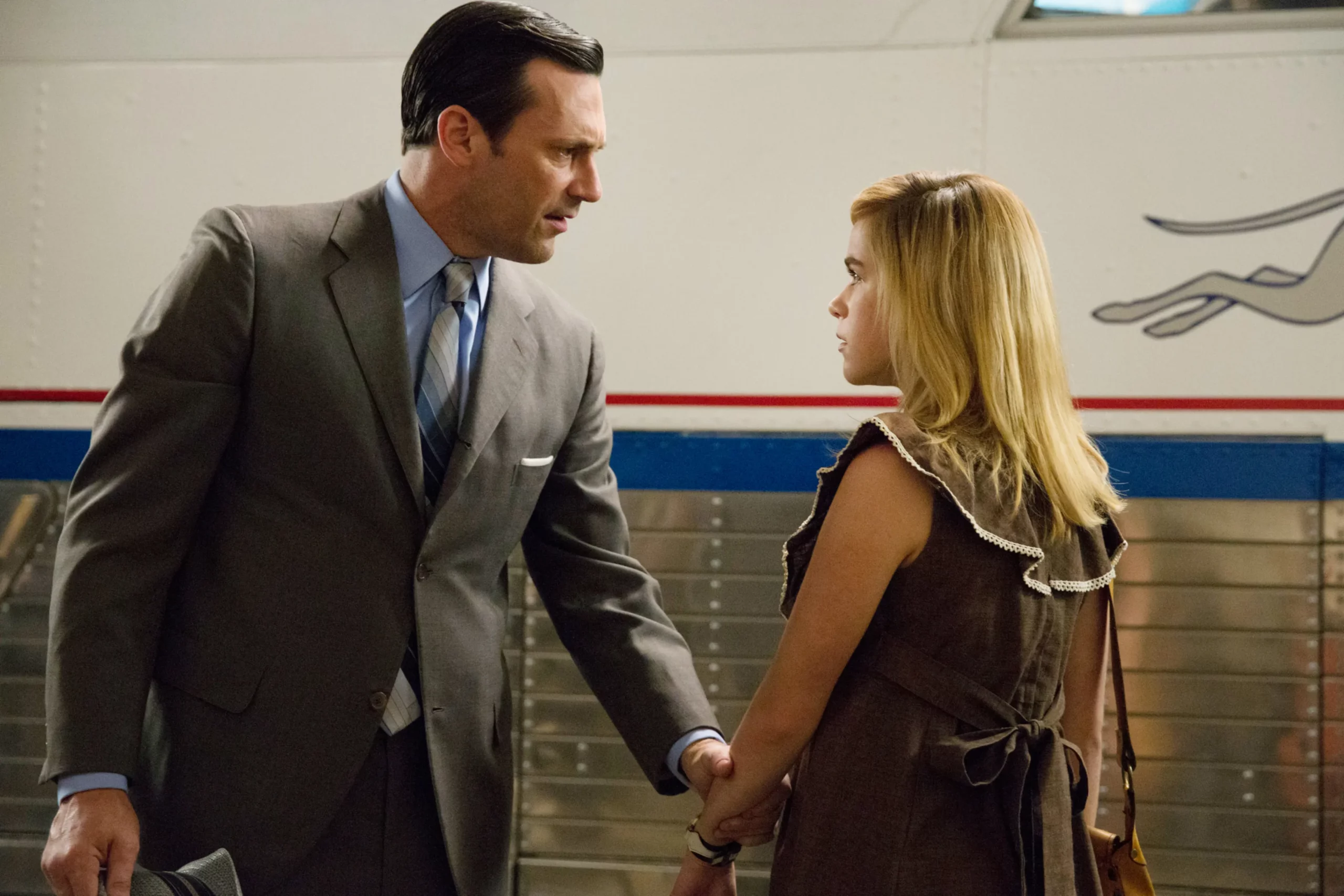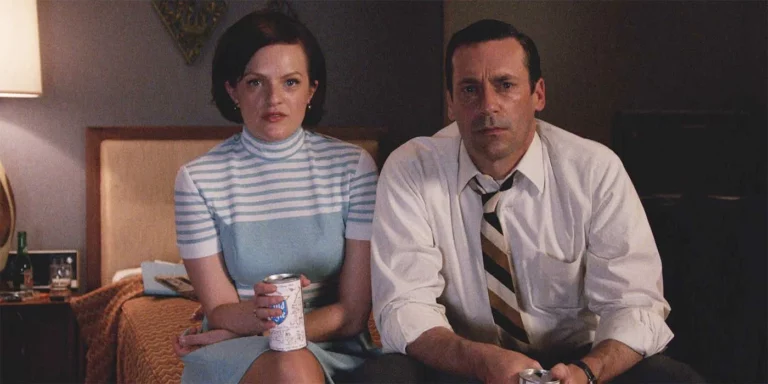“Mad Men,” a series revered for its meticulous depiction of the 1960s, not only dramatizes the era’s vibrant ad industry but also boldly delves into the tumultuous socio-political events that shaped the decade. Among these, the assassination of President John F. Kennedy stands out as a particularly formidable challenge, one that showrunner Matthew Weiner admitted was the “hardest” to cover due to its profound impact and historical saturation.

The Challenge of Authenticity
Under the guidance of Matthew Weiner, “Mad Men” distinguished itself by transcending the confines of its Madison Avenue setting. The show ventured beyond the boardrooms and catchy ad pitches, engaging directly with the volatile political and social climate of the times. This approach not only enriched the narrative but also provided a visceral, first-hand experience of historical events for the audience.
The series’ portrayal of the JFK assassination is a prime example of this. Set against the backdrop of a bustling advertising firm, the episode captures the shock and confusion that gripped the nation. As news of the tragedy unfolds, the usual clamor of office life comes to a stunned halt, illustrating the profound effect of the event on the personal and professional lives of the characters.

The Impact on Viewers and Television
In an interview with TIME, Weiner discussed the immense difficulty of authentically depicting such a well-documented and emotionally charged event. “Oh, it’s horrible. I mean believe me, you know, that’s why I go to primary sources as much as I can. And I also just try and remember the way we experience things now. The Kennedy assassination is the hardest; it’s such a well-trod thing […],” he explained. Weiner emphasized the importance of avoiding clichéd representations, which could detract from the genuine impact of the historical moment.
This dedication to authenticity is evident in the show’s careful balance of drama and historical accuracy. By weaving the assassination into the narrative through the perspectives of the central characters, “Mad Men” offers a unique and impactful portrayal that avoids the pitfalls of familiar historical clichés.

“Mad Men” is often credited with ushering in the second Golden Age of television, thanks in part to its innovative storytelling and deep engagement with historical context. The series not only entertained but also educated its audience, bringing to life the spirit of the 1960s with all its complexities and contradictions.
The episode dealing with the JFK assassination, in particular, stands out for its subtlety and emotional depth. It allows viewers to experience the confusion and sorrow of the moment as it might have been felt at the time, rather than through the lens of historical hindsight. This approach has left an indelible mark on its audience, making it one of the most memorable moments in television history.
Through its sophisticated blend of fiction and historical fact, “Mad Men” has achieved more than just critical acclaim; it has provided a lens through which modern audiences can re-examine the pivotal moments of the past. The series’ portrayal of the JFK assassination exemplifies its ability to handle delicate historical events with grace and respect, making it a standout piece of television that continues to resonate with viewers around the world.
